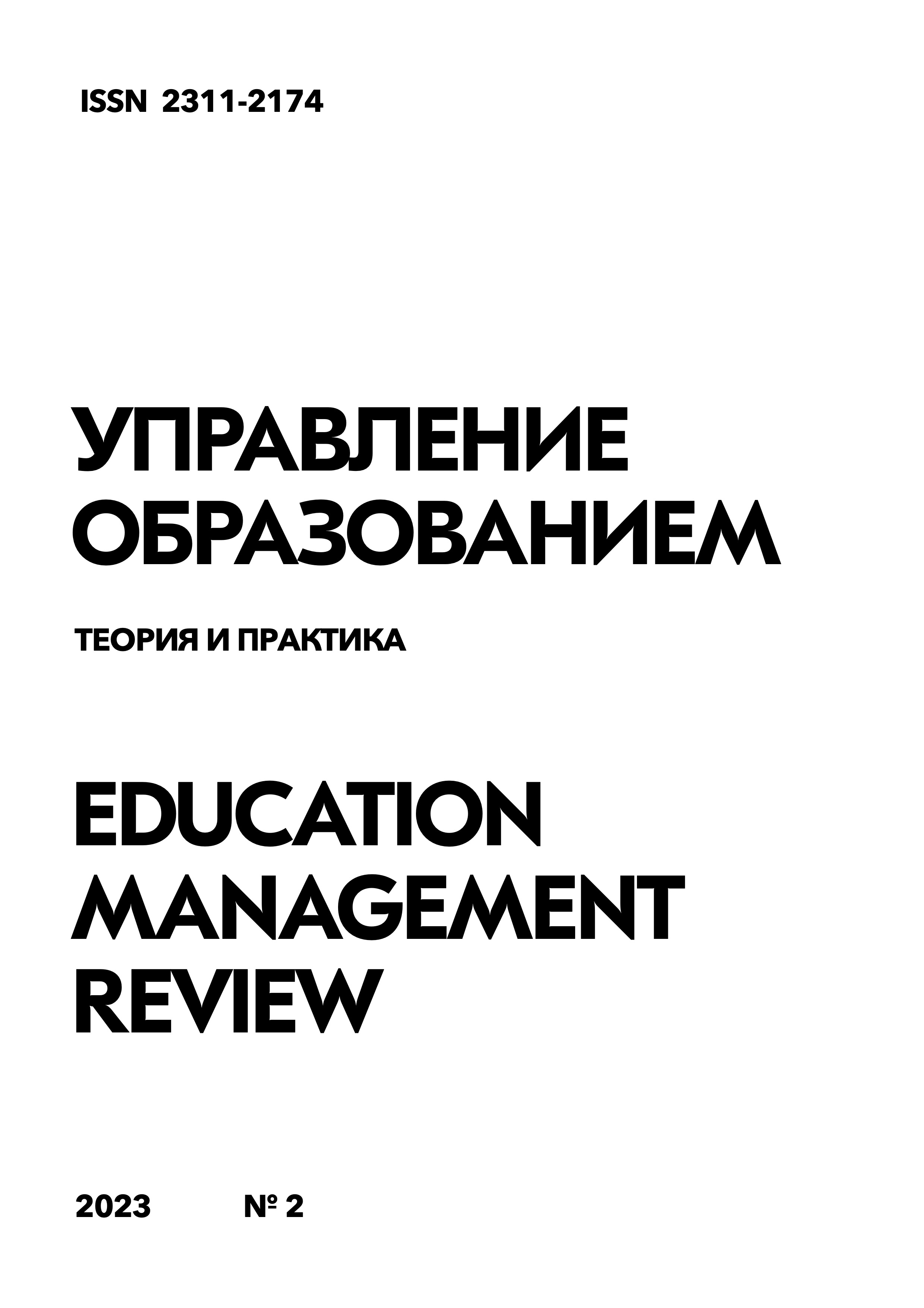Analysis of the effectiveness of the use of various methods of teaching automation disciplines for Master's students with various basic bachelor's education
DOI:
https://doi.org/10.25726/g9252-2829-8859-oKeywords:
automation, teaching methods, master's degree, basic bachelor's educationAbstract
In this scientific article, an analysis of the effectiveness of the use of various methods of teaching automation disciplines for master's students with various basic bachelor's education was carried out. The study analyzed the main teaching methods used in the leading universities of Russia, as well as presented the latest digital technologies that can be applied in the analysis of effectiveness. The methodology of efficiency analysis was described, which includes the definition of goals and objectives, the selection of performance indicators, data collection and processing, analysis of results and decision-making based on the data obtained. As a result of the study, it was revealed that the most effective teaching methods are the use of practical exercises, the case method and an individual approach to students. It was also revealed that the use of the latest digital technologies can significantly improve the effectiveness of teaching. The importance of measuring the effectiveness of teaching automation disciplines lies in determining effective teaching methods, improving the quality of education, optimizing costs and meeting the requirements of the labor market. The future of the field of teaching automation disciplines for master's students will be associated with the development of new digital technologies, changing labor market requirements, the ongoing digitalization of education and an increased focus on individualization. The conducted efficiency analysis showed that the use of innovative teaching methods and digital technologies in teaching automation disciplines for master's degree students with various basic bachelor's education can significantly increase the effectiveness of teaching and improve the quality of education in general.
References
Арефьев И.П. Технологическое образование в ноосферной перспективе // Евразийский союз ученых. 2017. № 10-1 (43). С. 48-55.
Дикова Т.В., Смирнова Е.А., Шибуков А.А. Актуальные проблемы технологического образования, изменение содержания деятельности учителя технологии в условиях модернизации технологического образования российских школ // Современное педагогическое образование. 2021. № 1. С. 43-46.
Ковшов Е.Е. Формирование и развитие технологической образования грамотности у школьников в условии дополнительного образования // Интерактивное образование. 2020. № 3-4. С. 27- 31.
Молоднякова А.В., Лесин С.М. Формирование раннего инженерного и технологического образования в условиях технологической насыщенности системы дошкольного образования // Интерактивное образование. 2018. № 3. С. 38-41.
Рахматов М., Расулова М.Н. Использование кредитно-модульной системы в повышении качества технологического образования - требование времени // Life Sciences and Agriculture. 2020. № 2- 3 (7). С. 10-14.
Рахматов М., Расулова М.Н., Нарзуллаева М.А. Значение повышение педагогической компетентности при подготовке будущих учителей технологического образования по кредитномодульной системе // Life Sciences and Agriculture. 2020. № 2-3 (7). С. 5-9.
Ряхимова Е.Г., Махотин Д.А., Кальней В.А. Новое технологическое образование: взаимосвязь общего и среднего профессионального образования // Вестник РМАТ. 2022. № 1. С. 61-66.
Abaturova V.S., Smirnov E.I., Yunusovа A.A., Zhokhov A.L., Yunusov A.A., Zhumadullayev D.K. The technological constructs of mathematical training founding in higher education // Известия Национальной академии наук Республики Казахстан. Серия физико-математическая. 2020. № 1 (329). С. 14-22.
Abdullayeva M. Texnologiya ta’limida milliy hunarmandchilikni o’qitishni fanlararo takomillashtirishning nazariy metodologik asoslari // Все науки. 2022. № 1. С. 97-102.
Kosov M.E., Malashenko G.T., Frumina S.V., Grishina O.A., Polyakova O.A., Alandarov R.A., Ponkratov V.V., Shmigol N.S., Dzusova S.S., Abbood A.A. Increasing the effectiveness of pedagogical techologies in education: psychological experience of technological change management // Emerging Science Journal. 2023. Т. 7. № S. С. 49-63.
Kovshov E.E., Kazakov D.F. Additional education in the development of technological literacy among schoolchildren // Pedagogy & Psychology. Theory and Practice. 2020. № 5 (31). С. 43-47.
Krotenko T.Yu. Engineering economics and technological education: a transdisciplinary approach to the training of modern engineers // Вестник Пермского национального исследовательского политехнического университета. Социально-экономические науки. 2022. № 4. С. 63-75.
O`ktamova N.B.Q. Technology-supported online writing in education // Вестник науки и образования. 2020. № 10-4 (88). С. 76-78.
Skivko M.O. Challenges for modern higher education in the context of social, digital, technological, and sustainable trends // Sociology of Science and Technology. 2021. Т. 12. № 2. С. 130-142.




